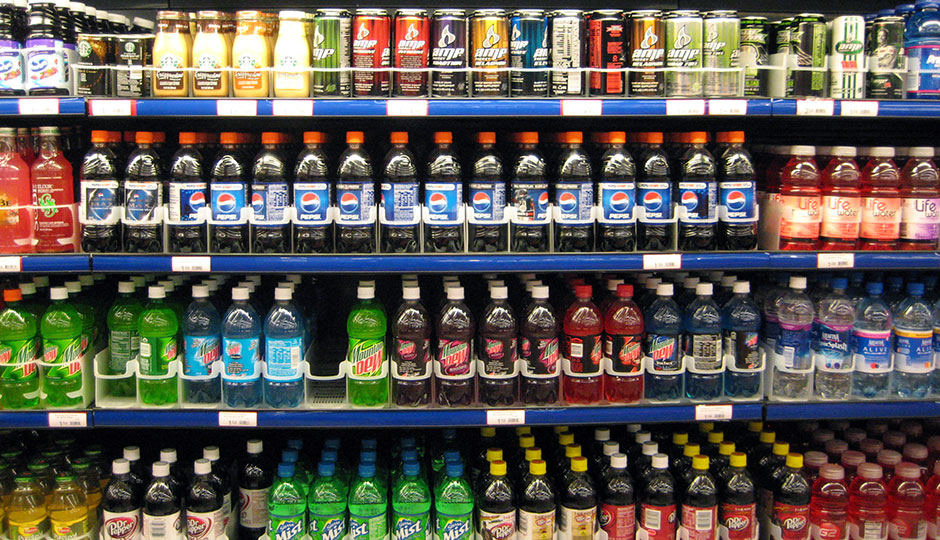Six Months In, Philly Soda Tax Nets $39.3M, Just Shy of Projections
Philadelphia reached the six-month mark on its sweetened beverage tax in June, and the Philadelphia Department of Revenue has reported preliminary figures for the month, which closed out fiscal year 2017.
On Monday, a spokesperson for the city told Philadelphia magazine that the preliminary total for collections of the beverage tax in June is $6.9 million, bringing the preliminary FY17 total to $39.3 million.
The city brought in the second highest collection of the tax in June (behind March’s $7 million), but the preliminary figure also suggests that the city has missed its FY17 projection of $39.7 million, according to the Philadelphia Business Journal, which first reported the numbers.
“The preliminary FY17 total is only about $300,000 below the revised target,” city spokesman Mike Dunn told Philadelphia magazine on Monday. “We remain confident that the beverage tax is and will remain a reliable source of revenue, to the benefit of thousands of Philadelphia families and children.”
Dunn said the city doesn’t expect the final FY17 total to be substantially higher than the preliminary total. “Projections are always approximate — and we feel we essentially hit our target. In addition, we have consistently said that — as with any new tax — we need a full year of collections in order to make fair assumptions about month-to-month collections.”
As I reported in February, the soda tax brought in $5.9 million in January, almost double its monthly projection of $2.3 million at the time. In February, the city again exceeded its expectation when it drew in $6.4 million. March is still the highest collection month for the city with $7 million in revenue from the tax. Collections slowed in April with $5.6 million in revenue but picked up with $6.7 million in collection for May.
The city’s initial goal for FY17 was to hit $46 million — as outlined in the city’s Five Year Plan released at the beginning of March. This would’ve averaged out to $7.7 million in revenue for each month from January to June. But the city readjusted its FY projection to $39.7 million, with a change to the Five-Year plan.
The adjustment, which the city and other experts have called standard practice, has not been well received by soda tax opponents like “Ax the Bev Tax” campaign spokesman Anthony Campisi.
“These numbers highlight what we’ve been saying all along,” Campisi told Philadelphia magazine on Monday. “No matter how much they move the goal post, this tax isn’t sustainable. The city admitted to reality when its cut its own Fiscal Year projections by 14 percent.”
According to Campisi, six months of revenue is enough to recognize that the tax will be a “long-term problem” for the city as people “shop outside of the city and hundreds lose their jobs.” “We’re halfway through the year and the city is just not getting the revenue they say they need.”
The American Beverage Association recently appealed its lawsuit against the tax, which has already been dismissed twice, once in June and once in December 2016. In June a Pennsylvania Commonwealth Court countered the ABA’s claim that the levy causes double taxation. The “post-tax economic actions of private actors” don’t make the beverage tax unconstitutional the judge ruled.
City officials also point to the fact that the tax has brought in nearly $40 million in its first six months for key education initiatives.
“That is significant revenue that has already allowed nearly 2,000 three-and-four-year-olds to attend free quality pre-K, created more than 250 jobs and allowed 4,500 neighborhood public school students to attend community schools. Those are real benefits for real Philadelphians,” Dunn told Philadelphia magazine.
The final June revenue count will be determined sometime in August.
Follow @fabiolacineas on Twitter.



